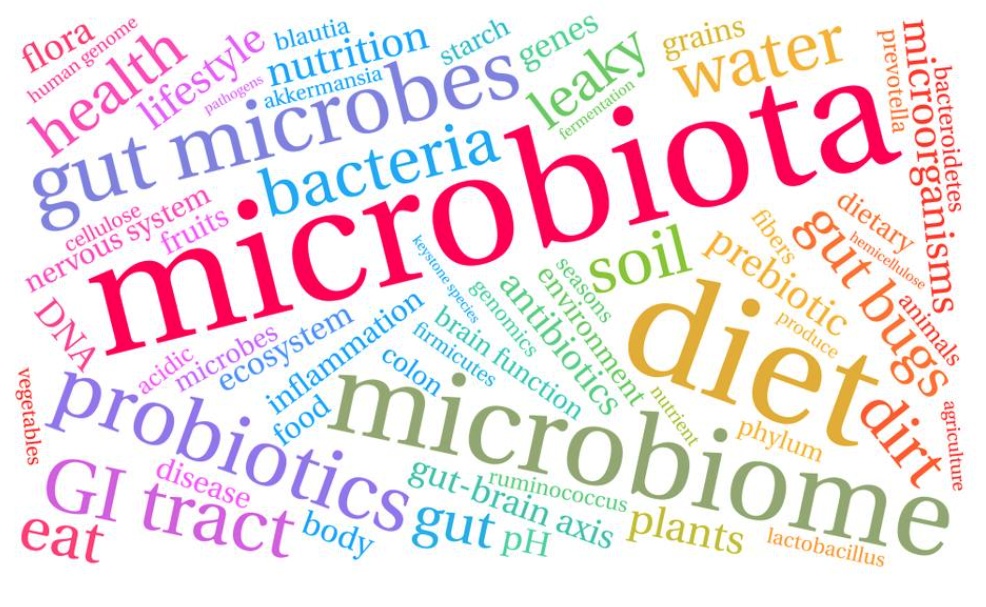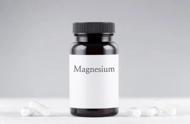
Some of the biggest and often overlooked health problems in people with digestive disorders are nutrient deficiencies. Low nutrient levels can be caused by many factors, including poor nutrient intake, maldigestion, malabsorption, loss of appetite, and increased energy expenditure. They are also particularly common in people with irritable bowel disease, such as Crohn's disease and ulcerative colitis.
Research has shown that up to 85% of people with IBD are deficient in key micronutrients – even during the active phases of IBD and in remission. The most common deficiencies include B vitamins, vitamin D, vitamin K2, zinc, calcium, selenium, magnesium, and iron.
What are the causes of nutrient deficiencies?
The most important and perhaps most direct cause of nutrient deficiencies in people with gut health issues is malabsorption syndrome. Your body absorbs nutrients from food through the small intestine, which is lined with villi and microvilli that produce enzymes that allow nutrients to be absorbed. If you have IBD, your intestinal lining may be inflamed, disrupting this important process and making it much harder to absorb nutrients.
But what if you don't have IBD, but irritable bowel syndrome (IBS)? Can IBS also cause a nutrient deficiency? Even though people with IBS are usually less likely to have malabsorption syndrome, IBS can cause a loss of appetite due to abdominal discomfort and make it difficult to digest foods such as gluten, dairy, soy, and corn – which can also lead to nutrient deficiencies.
And if someone with IBS has SIBO (Small Intestine Bowel Overgrowth), which is very common in people with IBS, the imbalance of gut flora can lead to malabsorption. Whether you have IBD or IBS, it is important to pay attention to your nutrient balance.
Common nutrient deficiencies, especially in people with digestive problems:
Iron Needed for the formation of red blood cells and the neurotransmitter (brain chemical) dopamine, which promotes motivation and concentration. Signs and symptoms of low ferritin (iron) include fatigue, irritability, hyperactivity, poor concentration, and poor behavior in children. Headaches, shortness of breath, dizziness, very pale appearance, and low immunity.
dopamine, which promotes motivation and concentration. Signs and symptoms of low ferritin (iron) include fatigue, irritability, hyperactivity, poor concentration, and poor behavior in children. Headaches, shortness of breath, dizziness, very pale appearance, and low immunity.
Zinc is involved in energy production, immune system function, and fertility and helps in the formation of the neurotransmitter (brain chemical) serotonin. Children with ASD and ADHD often suffer from zinc deficiency.
formation of the neurotransmitter (brain chemical) serotonin. Children with ASD and ADHD often suffer from zinc deficiency.
Magnesium It is needed for many important functions, including the formation of sleep hormones (melatonin), carbohydrate metabolism, regulation of blood pressure, and muscle relaxation. Signs and symptoms of deficiency can include hyperactivity and impulsivity, sleep disturbances, attention disorders, muscle tension, muscle twitching, muscle cramps, constipation, anxiety, and depression.
constipation, anxiety, and depression.
Iodine Needed for healthy brain function and the formation of thyroid hormones, which affect most hormones in the body. Research has found a link between low iodine levels and ADD/ADHD.
Fats The brain is largely made up of saturated fats and cholesterol. Fats are essential for brain development and function. Omega-3 fats are particularly important for mood and behavior. Insufficient intake of omega-3 fatty acids can cause memory and concentration problems in people (especially children).
Insufficient intake of omega-3 fatty acids can cause memory and concentration problems in people (especially children).
Protein Protein foods are made up of many amino acids. Amino acids are one of the most important building blocks for the formation of neurotransmitters (brain chemicals) such as dopamine, serotonin, GABA, melatonin, etc. Many people do not consume enough protein or have issues with digestion, so they become protein deficient. Protein is also important for skeletal health, muscle building and repair, skin, hair, nails, appetite regulation, and blood sugar control.
skeletal health, muscle building and repair, skin, hair, nails, appetite regulation, and blood sugar control.
How can you avoid nutrient deficiencies?
Whether you are struggling with maldigestion, malabsorption, loss of appetite, or other gastrointestinal conditions that lead to chronic inflammation, it is important to address the underlying problem to manage nutrient deficiencies.
Taking supplements without fixing the “leak” is sort of like filling the tub to take a bath but leaving the drain open. A lot of water is wasted, and the tub may never fill completely. The same concept applies to treating nutrient deficiencies – if the gut is inflamed, nutrients cannot be absorbed well. So it's very important that you not only take supplements but also work with your doctor to identify and treat the cause of your nutrient deficiency.
If you have a gastrointestinal problem such as IBD or IBS, it is recommended to take B vitamins, vitamin D, zinc, and magnesium regularly. It is also important to have your iron levels checked to make sure you are not anemic.
It is extremely important for your heart, brain, energy levels, and overall health that your nutrient balance remains at the right level – so you should not ignore this.

